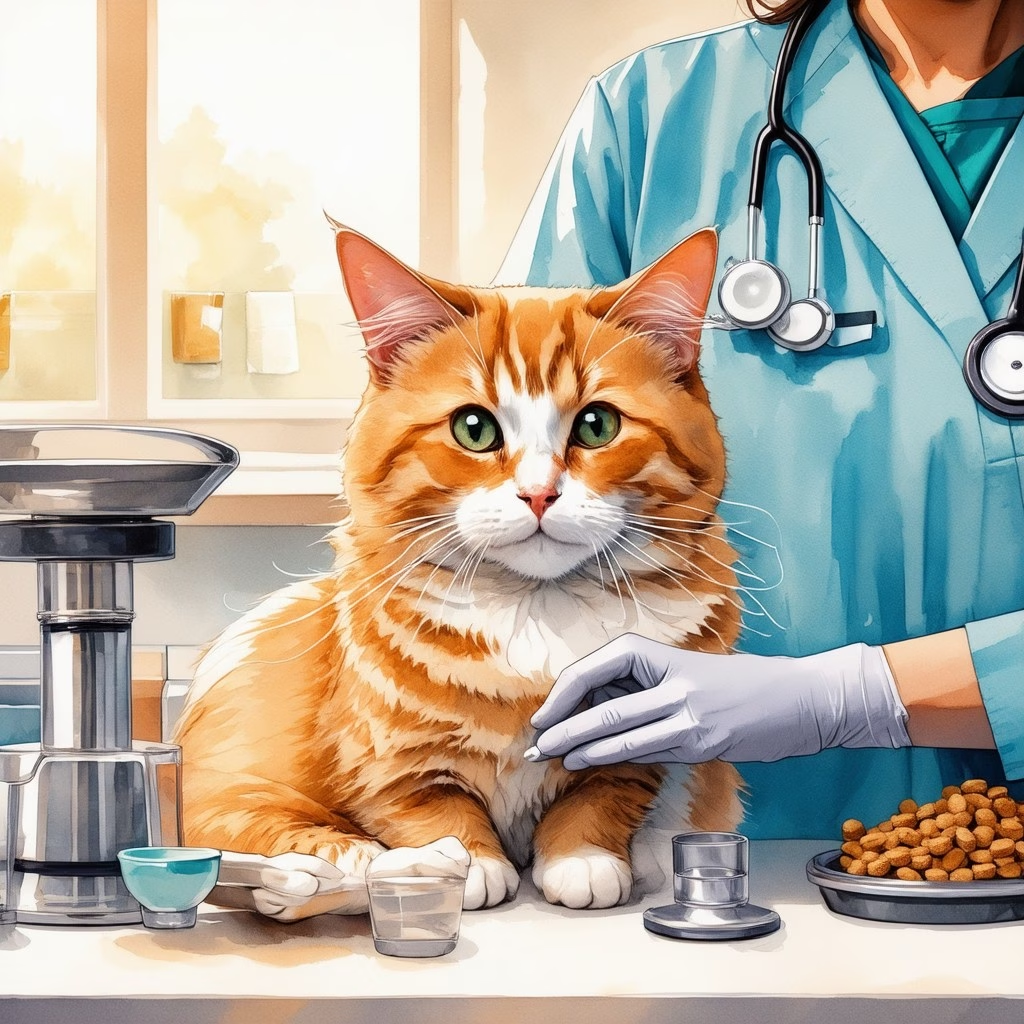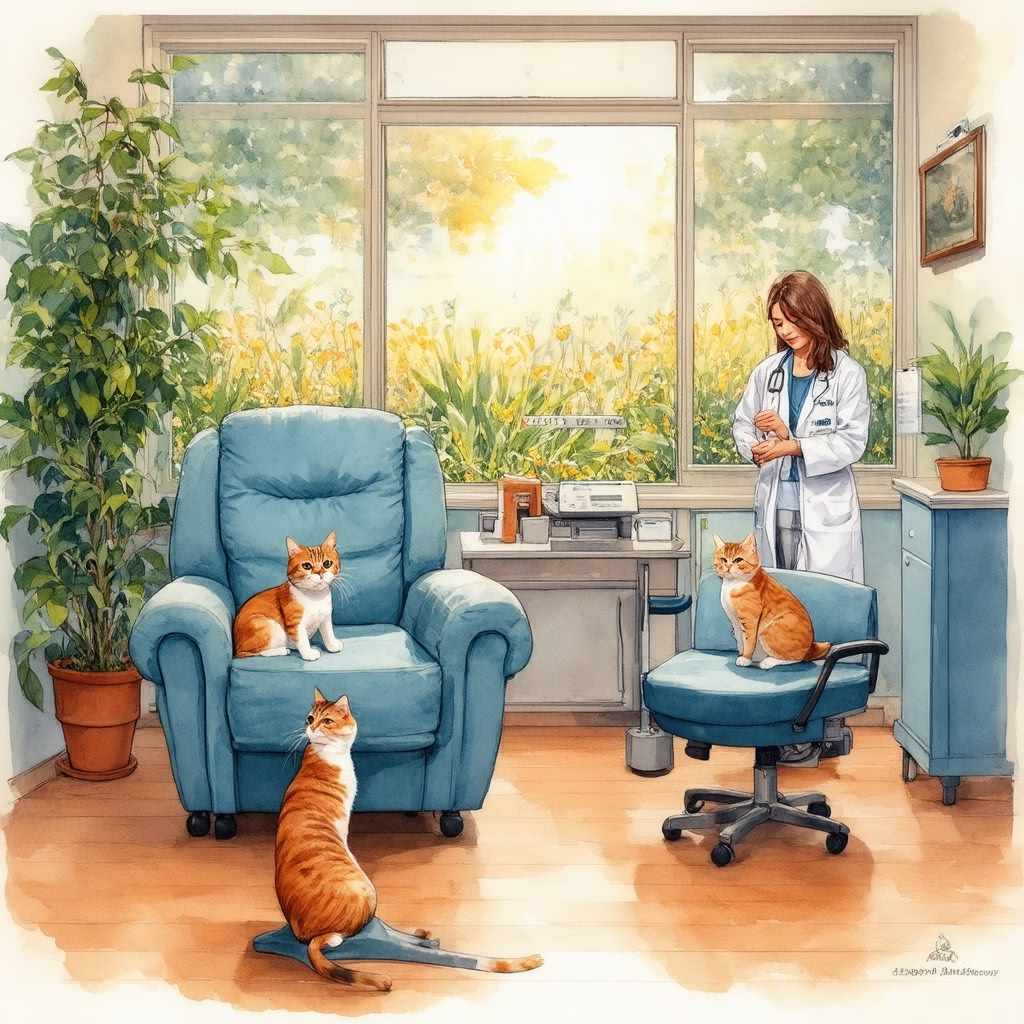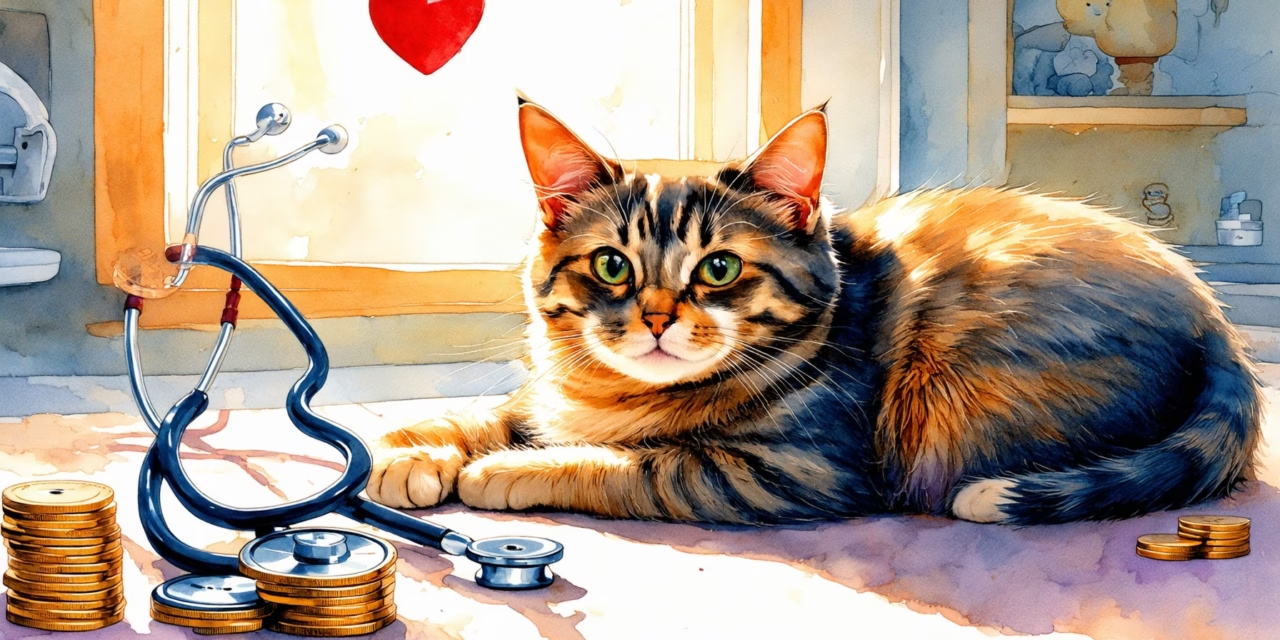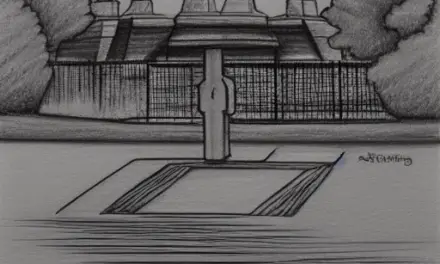Key Takeaways
- Understanding cat vet costs is essential for budgeting and ensuring your feline friend receives necessary care without financial strain.
- The average cost of vet visits for cats ranges from $50 to $150, depending on services and location.
- Regular preventive care can save costs in the long run by identifying health issues early and keeping your cat healthy.
- Telemedicine offers a convenient, cost-effective alternative for consultations, providing access to veterinary advice from home.
- Exploring low-cost clinics, mobile vet services, and community resources can help make veterinary care more affordable.
- Choosing a cat-only veterinary clinic can lead to specialized care tailored to your cat’s unique health needs.
When it comes to ensuring the health and well-being of your feline friend, understanding cat vet costs is essential. In this comprehensive guide, we will delve into the average costs associated with vet visits for cats, exploring the various factors that influence these expenses. Whether you’re wondering how much a vet visit costs for a cat or seeking affordable options for veterinary care, this article will provide valuable insights. We will also discuss the importance of regular vet check-ups, the role of telemedicine in cat health, and what to expect from emergency vet clinics. Additionally, we will guide you on how to find a cat vet near you and the benefits of choosing specialized cat veterinary clinics. By the end of this article, you’ll have a clearer understanding of veterinary costs for cats and how to access the care your cat needs without breaking the bank.
Understanding the Average Cost of Vet Visits for Cats
When considering the health of your feline friend, understanding the average cost of vet visits for cats is crucial. The cost of a vet visit for a cat can vary significantly based on several factors, including location, the type of services required, and the specific veterinary clinic. Here’s a breakdown of average costs associated with a vet visit:
- Initial Consultation Fee: The average cost for a standard vet visit ranges from $50 to $100. This fee typically covers the examination and basic health assessment of your cat.
- Vaccinations: Routine vaccinations, such as rabies and feline distemper, can cost between $15 and $50 each. It’s essential to keep your cat’s vaccinations up to date to prevent diseases.
- Diagnostic Tests: If your cat requires blood tests or other diagnostic procedures, expect to pay an additional $75 to $200, depending on the complexity of the tests.
- Preventive Care: Regular preventive care, including flea and tick prevention or heartworm medication, can add $30 to $100 to your total costs annually.
- Emergency Visits: In case of an emergency, costs can escalate quickly, often ranging from $100 to $300 or more, depending on the severity of the situation and required treatments.
- Surgery and Specialized Care: If your cat needs surgery or specialized care, costs can range from $200 to over $1,000, depending on the procedure.
- Location Variability: Prices can vary significantly by state or district. Urban areas typically have higher costs compared to rural locations. For example, vet visits in California may average higher than those in Texas.
For a comprehensive understanding of the costs associated with veterinary care, it’s advisable to consult local veterinary clinics or online resources such as the American Veterinary Medical Association (AVMA) or the American Animal Hospital Association (AAHA). These organizations provide valuable insights into pet care costs and can help you budget for your cat’s health needs.
Factors Influencing Cat Vet Costs
Several factors can influence the cat vet costs you may encounter. Understanding these can help you prepare for your cat’s veterinary expenses:
- Type of Veterinary Clinic: The type of clinic you choose can significantly affect costs. A cat veterinary clinic may offer specialized services that can be more expensive than general veterinary practices.
- Location: As mentioned earlier, the geographical area plays a crucial role in determining vet costs. Urban areas often have higher prices due to increased demand and operational costs.
- Services Required: The specific services your cat needs will also impact the overall cost. Routine check-ups are less expensive than emergency care or specialized treatments.
- Age and Health of Your Cat: Older cats or those with pre-existing health conditions may require more frequent visits and additional treatments, increasing overall costs.
By being aware of these factors, you can make informed decisions regarding your cat’s healthcare and budget accordingly. For more information on specific services, consider visiting a cat clinic or consulting with a veterinarian for cats.

How do I get my cat to the vet when I have no money?
If you need to get your cat to the vet but are facing financial constraints, there are several options you can explore to ensure your pet receives the necessary care:
- Contact Local Animal Welfare Organizations: Reach out to the ASPCA or your local Humane Society. Many of these organizations offer low-cost or sliding scale veterinary services. They may also have partnerships with local clinics that provide subsidized care for pet owners in need.
- Seek Community Resources: Investigate community resources such as non-profit veterinary clinics or animal rescue groups. Some organizations have funds specifically set aside to assist pet owners who cannot afford veterinary care.
- Explore Payment Plans: Some veterinary clinics offer payment plans or financing options. Discuss your situation with your vet; they may be willing to work with you to create a manageable payment schedule.
- Utilize Veterinary Schools: If there is a veterinary school nearby, consider taking your cat there for treatment. These institutions often provide services at a reduced cost, as students perform the procedures under the supervision of licensed veterinarians.
- Crowdfunding: Platforms like GoFundMe can be used to raise funds for your cat’s veterinary care. Share your story with friends, family, and social media networks to gather support.
- Pet Insurance: While this may not help with immediate needs, consider looking into pet insurance options for future care. Some plans cover a significant portion of veterinary expenses, which can alleviate financial stress down the line.
- Local Charities and Grants: Research local charities that provide financial assistance for pet care. Some organizations offer grants specifically for veterinary expenses.
By utilizing these resources, you can find a way to get your cat the veterinary care it needs without incurring overwhelming costs. Always prioritize your pet’s health and well-being, and don’t hesitate to seek help from community resources.
Options for Affordable Veterinary Care
Finding affordable veterinary care for your cat is essential, especially when finances are tight. Here are some options to consider:
- Low-Cost Clinics: Many cities have low-cost veterinary clinics that provide essential services at reduced rates. These clinics often focus on preventative care, vaccinations, and spaying/neutering.
- Mobile Vet Services: Some veterinarians offer mobile services, bringing care directly to your home. This can save on transportation costs and may be more affordable than traditional clinics.
- Community Events: Keep an eye out for community events that offer free or low-cost veterinary services, such as vaccination drives or wellness clinics.
- Negotiating with Your Vet: Don’t hesitate to discuss your financial situation with your veterinarian. They may offer discounts or suggest alternative treatments that fit your budget.
By exploring these options, you can ensure that your cat receives the necessary veterinary care without breaking the bank.
Understanding the Average Cost of Vet Visits for Cats
When considering how much a vet visit costs for a cat, it’s essential to understand the average expenses involved. The average cost of a cat vet visit can vary significantly based on several factors, including location, the type of services provided, and the specific veterinary clinic. Generally, the average vet visit cost for a cat ranges from $50 to $150 for a standard check-up. This fee typically covers a physical examination, basic vaccinations, and any necessary consultations.
For more comprehensive services, such as blood tests, X-rays, or specialized treatments, the costs can escalate quickly. For instance, diagnostic tests can add anywhere from $100 to $300 to your bill. Understanding these costs can help you budget for your cat’s healthcare needs effectively.
It’s also worth noting that some clinics, like the Hebron Animal Hospital in Hebron, KY, may offer package deals that include multiple services at a reduced rate. This can be a great way to manage cat vet costs while ensuring your feline friend receives the necessary care.
Factors Influencing Cat Vet Costs
Several factors can influence the overall cost for cat vet visits. Here are some key considerations:
- Location: Veterinary clinics in urban areas tend to charge more than those in rural settings due to higher overhead costs.
- Type of Clinic: A cat only veterinary clinic may have different pricing structures compared to general veterinary practices. Specialized clinics often provide tailored services that can affect costs.
- Services Required: The specific services your cat needs will significantly impact the total bill. Routine check-ups are less expensive than emergency care or surgical procedures.
- Age and Health Status: Older cats or those with pre-existing conditions may require more frequent visits and additional tests, increasing overall veterinary costs.
By understanding these factors, you can better prepare for the average veterinary costs for cats and ensure your pet receives the best possible care without unexpected financial strain.
Can an Online Vet Write a Prescription?
Yes, online veterinarians can write prescriptions for your pet. During a virtual vet visit, a licensed veterinarian can issue a prescription if they have established a veterinarian-client-patient relationship (VCPR). This means that the vet has previously examined your pet in person and has access to their complete medical history.
The Role of Telemedicine in Cat Veterinary Care
Telemedicine is revolutionizing how we approach cat veterinary care. With the rise of online veterinary services, pet owners can now consult with a veterinarian for cats from the comfort of their homes. This is particularly beneficial for those who may have difficulty accessing traditional veterinary clinics due to distance or mobility issues. Here are some key aspects of telemedicine in cat care:
- Convenience: Virtual consultations save time and reduce stress for both the pet and the owner, eliminating the need for travel.
- Access to Specialists: Online platforms often provide access to a wider range of specialists, including those focused on specific cat health issues.
- Cost-Effective: Telemedicine can be more affordable than in-person visits, making it easier for pet owners to seek necessary care.
How Online Vets Can Assist with Cat Health Issues
Online vets play a crucial role in managing various cat health issues. They can provide guidance on symptoms, recommend treatments, and even prescribe medications when appropriate. Here are some ways online veterinarians can assist:
- Symptom Assessment: If your cat shows signs of illness, an online vet can help determine if an in-person visit is necessary.
- Medication Management: After establishing a VCPR, online vets can prescribe medications for chronic conditions or acute issues.
- Behavioral Consultations: Many online vets offer advice on behavioral problems, helping owners understand and manage their cat’s behavior.
For more information on veterinary telemedicine and prescriptions, you can refer to resources from the American Veterinary Medical Association and the PetMD for veterinary advice.

What are typical vet fees for cats?
Understanding the typical vet fees for cats is essential for pet owners to budget effectively for their feline companions. The average cost of cat vet visit can vary significantly based on several factors, including the type of services provided, the location of the cat veterinary clinic, and the specific needs of your cat. Generally, the average vet visit cost for cat ranges from $50 to $150 for a standard check-up, but additional services such as vaccinations, blood tests, or treatments can increase the total bill.
Breakdown of Common Veterinary Costs for Cats
- Routine Check-Ups: The vet check-up cost for a cat typically falls between $50 and $100, depending on the clinic.
- Vaccinations: Vaccination costs can range from $15 to $50 per shot, depending on the vaccine type.
- Diagnostic Tests: Blood tests and other diagnostics can add $50 to $200 to your bill.
- Emergency Services: Emergency vet costs can be significantly higher, often requiring upfront payment of $100 to over $1,000.
For more detailed insights into veterinary costs, you can visit the American Veterinary Medical Association.
Comparing Costs: Cat Vet Clinics vs. General Veterinary Practices
When considering where to take your cat for care, it’s important to compare costs between cat vet clinics and general veterinary practices. Cat only veterinary clinics often specialize in feline care, which can lead to more tailored services and potentially higher fees. However, they may also provide a more comfortable environment for your cat, reducing stress during visits.
On the other hand, general veterinary practices may offer lower prices but might not have the same level of specialization in feline health. It’s advisable to research local options, such as local vet options or vet clinic locations, to find the best fit for your cat’s needs.
Typical Vet Fees for Cats
Typical vet fees for cats can vary significantly based on location, the type of services provided, and the specific needs of the cat. Here’s a comprehensive breakdown of average costs associated with common veterinary services:
- Routine Check-ups:
- Average cost: $50 – $100 per visit.
- These visits typically include a physical examination, vaccinations, and general health assessments.
- Vaccinations:
- Average cost: $15 – $50 per vaccine.
- Core vaccines, such as rabies and feline distemper, are essential for your cat’s health and are usually administered annually.
- Spaying/Neutering:
- Average cost: $200 – $500.
- This one-time procedure helps control the pet population and can prevent certain health issues.
- Dental Care:
- Average cost: $300 – $800 for dental cleanings.
- Regular dental check-ups and cleanings are crucial for preventing periodontal disease.
- Emergency Services:
- Average cost: $800 – $1,500.
- Emergency care can be significantly more expensive, depending on the severity of the condition and required treatments.
- Diagnostic Tests:
- Average cost: $100 – $300 for blood tests, X-rays, or ultrasounds.
- These tests are essential for diagnosing underlying health issues.
- Medications:
- Average cost: $20 – $200, depending on the medication.
- Chronic conditions may require ongoing medication, which can add to overall costs.
- Pet Insurance:
- Average monthly premium: $20 – $50.
- Investing in pet insurance can help mitigate unexpected veterinary expenses.
For more detailed insights, consider consulting resources such as the American Veterinary Medical Association (AVMA) or the PetMD, which provide guidelines on veterinary care costs and practices. Understanding these typical fees can help cat owners budget effectively for their pet’s healthcare needs.
Comparing Costs: Cat Vet Clinics vs. General Veterinary Practices
When considering veterinary care for your feline friend, it’s essential to understand the differences in costs between specialized cat vet clinics and general veterinary practices. Here’s a closer look at how these options compare:
- Cat Vet Clinics:
- Typically focus solely on feline patients, which can lead to specialized care and expertise.
- Average costs may be slightly higher due to the specialized services offered, but this can result in better health outcomes for cats.
- General Veterinary Practices:
- Provide care for a variety of pets, including dogs and cats, which can lead to lower overhead costs.
- May offer competitive pricing for routine services, but may lack the specialized knowledge of cat-specific health issues.
Ultimately, the choice between a cat vet clinic and a general veterinary practice will depend on your cat’s specific needs and your budget. For those in the Hebron area, options like Hebron Animal Hospital and local vet options can provide valuable services tailored to your pet’s health.
Finding a Cat Vet Near Me
How to Choose the Best Cat Veterinarian Near Me
Choosing the right cat veterinarian is crucial for your pet’s health and well-being. Here are some key factors to consider:
1. **Qualifications and Experience**: Look for a veterinarian for cats who is licensed and has experience specifically with feline care. This ensures they are knowledgeable about common cat health issues and treatments.
2. **Specialization**: Consider a cat-only veterinary clinic if your cat has specific health needs or if you prefer a veterinarian who specializes in feline medicine. Cat veterinarians often have a deeper understanding of cat behavior and health.
3. **Location and Accessibility**: Search for a cat vet near me that is conveniently located. This is especially important in case of emergencies. Check the hours of operation to ensure they fit your schedule.
4. **Reviews and Recommendations**: Read online reviews and ask for recommendations from other cat owners. Websites like [VetStreet](https://www.vetstreet.com/) can provide insights into local veterinarians.
5. **Facility Tour**: Visit the clinic to assess cleanliness, staff friendliness, and the overall environment. A welcoming atmosphere can make a significant difference in your cat’s comfort.
6. **Services Offered**: Ensure the clinic provides a range of services, including routine check-ups, vaccinations, dental care, and emergency services. This can save you time and stress in the future.
The Importance of Specialized Cat Veterinary Clinics
Specialized cat veterinary clinics offer numerous advantages over general veterinary practices. Here’s why they are worth considering:
1. **Feline-Focused Care**: Cat-only vets understand the unique health needs and behaviors of cats. They are trained to handle feline-specific issues, which can lead to better diagnosis and treatment.
2. **Reduced Stress for Cats**: A clinic that caters exclusively to cats minimizes the stress of being around dogs and other animals. This can lead to a more positive experience for your pet during visits.
3. **Advanced Equipment and Techniques**: Many cat veterinary clinics invest in specialized equipment and techniques tailored for feline care, ensuring your cat receives the best possible treatment.
4. **Preventative Care Emphasis**: These clinics often focus on preventative care, helping to identify health issues before they become serious. Regular check-ups can lead to early detection of conditions like diabetes or kidney disease.
5. **Community and Support**: Cat-only clinics often foster a community among cat owners, providing resources and support for pet care. This can be beneficial for new cat owners seeking advice.
For more information on finding a cat vet near you, consider checking local resources or visiting the [American Veterinary Medical Association](https://www.avma.org/) for guidance.













